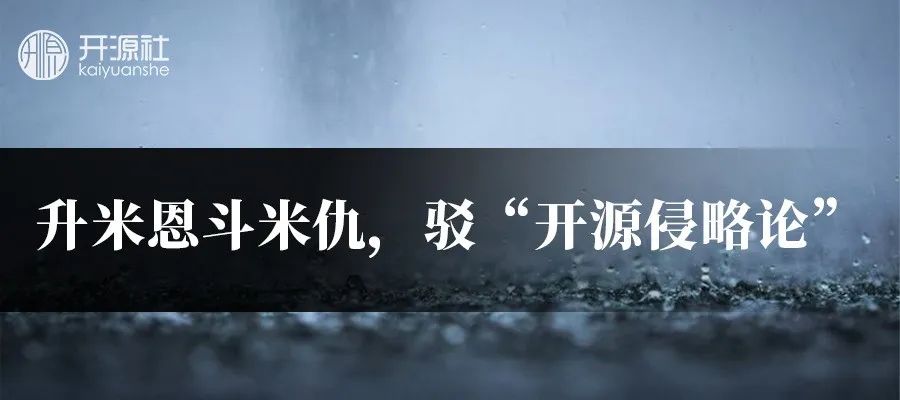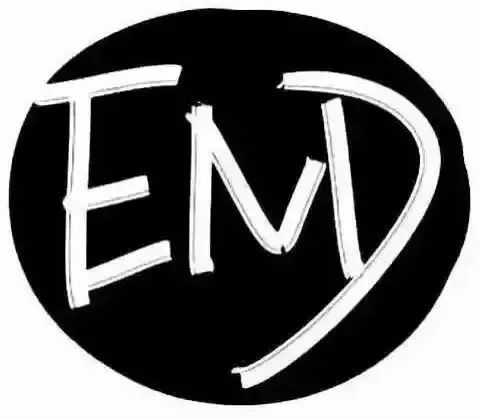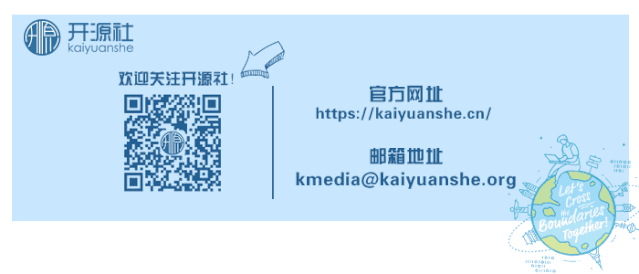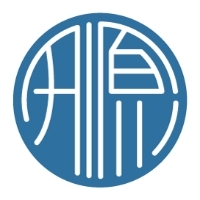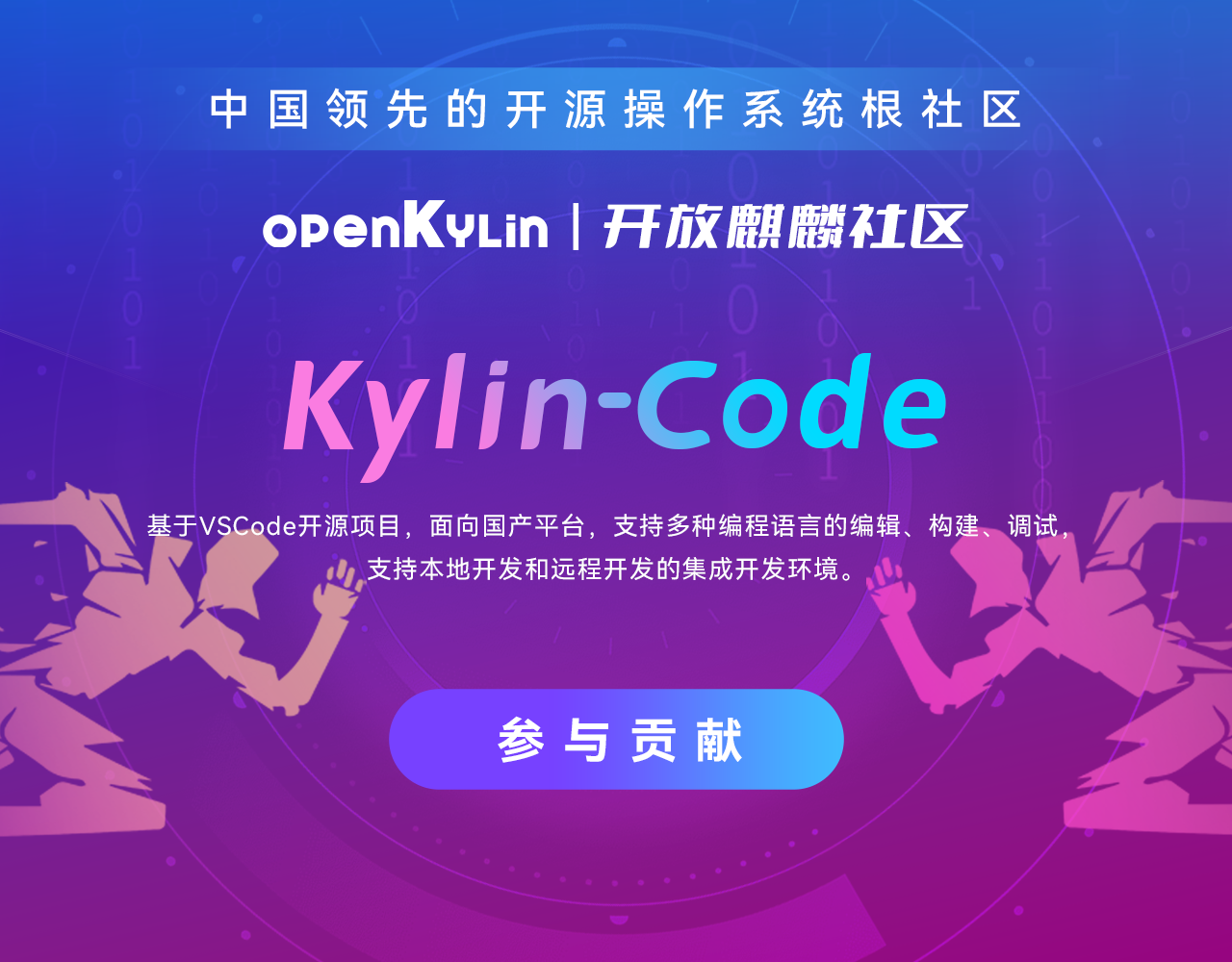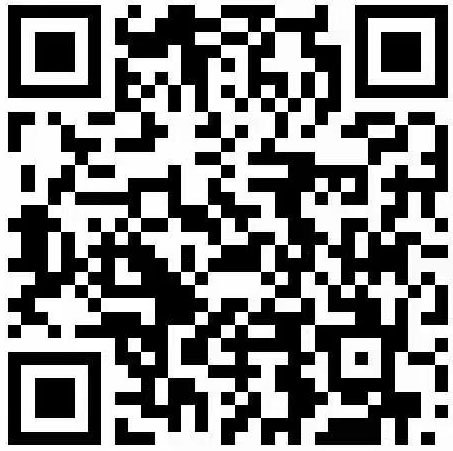|Author: Wei sir
|Reprinted from: Weiyue Renhua
|Editor: Wang Yuemin
|Designer: Liu Yingjie
During the Three Kingdoms period, there was a woman named Zhao Ji in the State of Wu. Before her daughter got married, she said, "When you come to her husband's house, you must not do good things." The daughter was puzzled and asked her mother, "If you don't let me do good things, can I do bad things?" Her mother immediately said seriously:“
You can't do good things, let alone bad things
!
”
Some people can understand this at a glance. Some people may not understand it at a glance. I will explain it at the end of the article.
Open source is aggression?
Recently, there was an article on the Internet criticizing open source
one
, I think there are still people turning. I can't laugh or cry.
Most people do not know about open source at first. After reading the remarks of the associate professor of Tsinghua University, it is estimated that some people really believe that open source is "invading" Chinese science and technology, so it is necessary to write this article to refute it.
The title of this article is:
Watch out for hidden "scientific and technological aggression" of foreign open source software
。 (hereinafter referred to as "the article")
If you are interested, you can have a look
original text
(<- click).
The article was an interview with Liu Li, an associate professor of Tsinghua University, by Feng Lifei. Liu Li introduced the c-coupler software (a coupler used for simulation calculation of the earth system model) developed by his team. At the same time, he criticized the open source software and believed that the open source software had caused "scientific and technological aggression" to China. There is a lot of logic confusion and unclear understanding of open source in the article. I wonder whether Liu Li has reviewed the final draft? Does the article truly reflect Liu Li's original intention? The refutation of this article is based on the premise that the answers to the above two questions are "yes".
(If the opinion in the article is not Liu Li's original intention, it is probably the reporter Feng Lifei's problem.)
The title of the article indicates the whole position. Is open source a friend or an enemy?
In my opinion, open source has broken through the technology blockade imposed by foreign countries on China. It is the greatest kindness of global programmers to directly import advanced computer software technology into China without compensation and selflessness, and directly leads to a small gap between China's software level and that of foreign countries (at least a small gap in application level, as can be seen from the rise of Internet companies such as BAT), such as operating system technology Compiler technology, database technology, webserver technology, browser technology, etc. can be directly learned from Linux, gcc, mysql, apache, firefox and other open source software, not to mention the big data technology, distributed technology, cloud computing technology, artificial intelligence technology in recent years. As long as you want to learn, there is nothing you can't learn, and open source is simply teaching you by hand.
In the article, Liu Li believes that:“
China's dependence on foreign open source basic software allows some countries to restrict or even hinder China's scientific and technological development by hiding the latest technology or copyright at any time.
”
This sentence is very problematic.
1. Does China rely on foreign open source basic software? Not at all, and on the contrary. We can say that some companies rely on commercial software such as Oracle, Windows and Microsoft Office, and they can't help themselves because their code and technology are not in our hands. But if you use Linux, Apache, MySQL, and the source code is in your hands, how can you change it? You can even change an independent domestic operating system and database. How can you rely on it?
Open source does not make us dependent, but let us get rid of dependence. A few years ago, Ali's vigorous "go IOE" was to get rid of dependence on IBM, Oracle and EMC through open source software.
Note: In this paper, "commercial software" is opposite to "open source software", and "commercial software" is equivalent to "proprietary software" and "closed source software". Although I know that commercial software is also open source. But my writing style is to simplify the concept as much as possible. I prefer to say that A is B, and try not to tangle with the nuances of the concept, so as to simplify the difficulty of understanding.
2. Liu Li said that open source "enables some countries to restrict or even hinder China's scientific and technological development by hiding the latest technology or copyright". This seems to be the point of the article, but it is also the most illogical place. If a country hides technology from you, it is better to directly export control. For example, the EAR of the United States directly restricts certain products from exporting certain entities. But open source boldly gives the latest and most complete technology to any entity in China in the most direct and thorough way, that is, code, word for word to use and learn, but is said to hide technology from our country? Is it to restrict and hinder the development of science and technology in China? Quite the opposite.
Take Linux, the most famous open source software. In 1991, Linus was a sophomore. He wrote about Linux during the summer vacation. His goal was to invade China's science and technology? Or is it that after arriving in the United States, the United States government conspired against it and secretly invaded through Linux?
No, for those who do not know about open source, it is recommended to read a few books first (I will list several books later) to understand the original intention and mission of open source.
From the most benign point of view, what Liu Li said is that foreign coupler software has such behavior? Even so, it should be described truthfully, rather than the whole open source. Do you know how big the open source world is?
Liu Li also said that“
The long-term use of foreign free and open source basic software, to a large extent, restricts China's enthusiasm for independent research and development and innovation ability, and increases China's gap in related fields, which is no different from helping to increase the "scientific and technological aggression" against China!
”
I thought for a moment, and the logic of this statement, from the most plausible point of view, could only be: "You always come here with clothes and food to open your mouth. After a long time, you will have no ability to take care of yourself!"
Just like you always eat takeout (and this takeout is still foreign and free, and you still have to offer all the cooking recipes), you always don't cook by yourself, and then someone jumps out and says in a righteous and solemn manner: "(free, cookbook giver, foreign) takeout is aggression against you, so that you can never learn to cook!"
I can only understand to this extent.
This is what people call "Sheng Mien, Dou Miqiu".
Once upon a time, there were two families who were neighbors and usually had a good relationship. One of them is much richer because he is more capable. The two families didn't have any grudges, but this year, God got angry and brought down disasters, and the fields yielded nothing. The poor family had no harvest and had to lie down to die. At this time, the rich family still had some food. Thinking about our neighbors, they sent a liter of rice to the poor family, saving the emergency.
The poor family is very grateful to the rich and thinks they are really lifesavers! After the hardest time, the poor go to thank the rich. While talking, the poor family expressed their embarrassment again, and the rich family said generously: Well, I have some food, so you can take another bucket. After the poor man took it home, his wife said, what can I do with this bucket of rice? Apart from eating, there is not enough seed in our fields next year. The rich man is too rich to give so little. It's really bad.
It seems that there is something particular about giving people benefits. If you give them less, they will appreciate you. If you give them more, they will incur resentment.
Let's look at other statements in the article:
Liu Li expressed that“
The open source release of many foreign technologies is delayed, making China's technology introduction or upgrading can only lag behind.
”
This sentence is also very problematic.
First, is the open source release of "many foreign technologies" really delayed? What are many technologies?
I like to talk about Linux, because Linux is the largest and most basic open source software in the world. The "release delay" data of Linux is as follows: Linux adds 10000 lines of code every day, deletes 5000 lines of code, and modifies 1800 lines of code. Linux changes eight times every hour
two
Do you think there is any delay in this "foreign technology"?
Does Liu Li's foreign open source include Linux?
Or is it mainly referring to foreign couplers? It seems that coupler technologies like release delay? Liu Li's c-coupler has not been updated on github for 10 months. Do you think the research can be concluded, or are you deliberately delaying the release to avoid studying abroad?
Second, the delayed release "makes China's technology introduction or upgrading lag behind", which implies that "we will do nothing but wait for others to release open source"?, This logic does not exist. Even if others delay the release, we really have to wait? In fact, this is not the case. The coupler field can be independently developed, and other fields can only wait? According to this, Huawei can only upgrade its network switch after the release of foreign open source network switching software?
Seeing this, I think Liu Li doesn't understand open source (if the article expresses his true meaning), and his contacts with open source are only limited to those couplers abroad.
Liu Li led the team to develop coupler software with independent intellectual property rights, which is worthy of recognition, but there is no need to bite open source hard.
Open source is the selfless contribution of programmers from all over the world to their own code. They should not make such a hasty and totally negative characterization when they do not know about open source. This is a loss of the rigor necessary for scientific researchers*
In addition, it is ridiculous that the article just divides open source into "foreign open source" and "domestic open source". What is the essential difference between foreign open source and domestic open source? Is foreign source code placed on github or domestic source code placed on github? (c-coupler is also placed on github
three
。) Is the foreign source code without the participation of domestic programmers, or is the domestic source code without the participation of foreign programmers? Are there "some countries" secretly supporting aggression behind foreign open source? Deliberately make excellent code to entice Chinese people to use and generate dependence? Or does domestic open source really reflect the selfless spirit of openness and sharing?
Even though the code of the domestic coupler c-coupler made by Liu Li's team is written from scratch, doesn't it use the ideas of other open source couplers for reference? Liu Li said:“
You can learn from others' experience through open source software, but you can't rely on "bring it". "
, it seems that we have learned from it. However, it seems morally inappropriate to learn from it and step on it again.
I went to github to look at c-coupler, and found that the XML parser was directly "brought" without changing a word. The parser was tinyxml written by Lee Thomason, and its source code was placed in sourceforge
four
。 For this point, the c-coupler team clearly wrote it in the COPYRIGHT file (which is commendable). Although the XML parser is not the core part of the coupler, according to its consistent logic, should it be written from scratch to make the self-developed one more pure and better?
Obviously, Liu Li's team believes that what should be "brought" should be "brought" directly. Be independent when necessary.
The second half of the article is full of complaints that China has to pay a lot of patent fees to foreign countries. This part has nothing to do with open source, but it is easy for unknown readers to mistake "open source abroad" for charging us a lot of patent fees.
Open source software is free, not only without license fees, but also without patent fees.
Take the most typical Apache open source license as an example. Paragraph 3 clearly stipulates that the patent license is free, and anti system clauses are designed to prevent anyone from trying to accuse open source of patent infringement. See my writing for details
Step by step interpretation of Apache license
。
I estimate that Liu Li said that it was "foreign commercial companies" rather than "foreign open source" that received patents, but the article's title was to be vigilant against the scientific and technological aggression of open source, but he wrote the complaint against patents here, which could easily mislead readers.
On the whole, if Liu Li's original intention is not like this, it should not be written like this.
If Liu Li wants to criticize foreign couplers, he needn't criticize the whole open source.
Open source science popularization Q&A
Since my purpose is to justify the name of Open Source, I'd better take the opportunity to popularize science.
Q:
What is open source software?
A: Open source software is the software that makes the source code public. Now, people usually like to put the source code on github.com, because it is easy to use and has great influence. There are similar platforms in China, such as the code cloud: gitee.com. Those who are wary of foreign websites can put them here.
Q:
Why do they want to open source, painstakingly write, and release it like this?
A: It's generous. I think code is more valuable to share. It's meaningless to hide it. I'm not prepared to make money with it. It's just fun to do something together! (However, many people play open source now, and they have their own plans behind it. I won't go into details here.)
Q:
Is open source really free?
A: Open source software usually has a license. It depends on how the license is written. Most open source software uses
MIT
、
APACHE
、
GPL
BSD. These licenses are free to use, copy, modify, and redistribute, and there is no license fee, patent fee, etc. You can download the code directly from the website, but some licenses require you to modify the content. If you publish it again, you need to mark the original copyright information, what needs to be modified, and the parts you need to modify and add are also open source (GPL). So pay attention to the license of open source software. Only a few open source software have commercial licenses, or double licenses, and so on. You should pay special attention to this. Don't violate other people's requirements.
Q:
Open source can be played together?
A: Open source software is for everyone to play together. If a programmer finds a bug in the software, he can submit a repair patch. If he sees a need to improve the software, he can submit his own improved code. On the open source platform, this kind of cooperation is easy to achieve. You can know it when you use it.
The original author is always welcome to ask for bugs and patches, although he may not have the energy and interest to take care of everyone's needs.
Q:
Will open source cause us technical concealment, blocking or obstacles?
A: Of course not. All the secrets of software are in the code. If you get the code and study hard, you can learn all the technical secrets, unless you are stupid, lazy, or have no time, or have no patience, or feel unnecessary.
Q:
Will open source kidnap us?
A: You mean it's hard to change for fear that we may rely on him? You should have the ability to change who you want to change. You can choose as many competing products as you like. If you don't have the ability, you can't change any software you use. If you use commercial software, it is not only difficult to replace it, but also has to pay all the time. They will urge you to renew the maintenance premium every year. If you do not renew it, they will not provide you with services.
Q:
What if there is no original factory or service for open source?
A: If you are a big factory like BAT and you are good at researching code, what problems can't be solved? What services do you need to buy? Those programmers who are highly paid by you do this.
If you are a general company, especially a non IT company, you certainly don't have high-level programmers. You either don't need open source (it seems not easy, open source seems to be everywhere, which is troublesome), or you can buy a third-party service. Such companies are not without it. What's more, many open source software have enterprise versions. For example, Linux has redhat, MySQL has oracle, and nginx has F5. If you want to be rich and powerful, you can find this "original factory".
Q:
Will there be many bugs in open source software? If there are bugs, who can fix them for me?
A: As long as the software scale is large enough, whether open source or not, there will be many bugs. Who has more bugs seems to have different opinions. This article has no intention to discuss here. Low quality software always has more bugs, whether open source or commercial. If there are bugs, I prefer to use open source because I can fix them. Who makes me a skilled programmer. If it is commercial software, I will be blind. I can only honestly wait for the manufacturer to patch it.
Generally speaking, if it is a serious vulnerability, the open source community will patch it at the first time. Just download and type.
If you don't even know where to download the patch, you'd better ask a company to do it. Rich units will spend money to find a manufacturer to "mop up".
Don't think that you will have any guarantee if you use commercial software. If something happens, the manufacturer is just trying to help you solve it. You have to bear your own pot. You should bear your own losses. The commercial software has also written a disclaimer in the license terms. It is useless for you to call the court.
By the way, all security vulnerabilities are bugs, unless they are deliberate backdoors.
Q:
Is there a back door in open source software?
A:
Note: You must obtain software from formal channels, whether open source or non open source.
Generally speaking, there will be no back door for the official version of open source (the original author will not dare to install it, which means that he will brazenly destroy his reputation). If there is, it has already been discovered by sharp eyed programmers. Especially open source software with high attention.
However, no matter what kind of software, if the source is not correct, it may be maliciously installed into the back door.
Obviously, the backdoor of closed source software is more difficult to find than that of open source software, because the source code makes the backdoor nowhere to hide. (Therefore, the Windows source code will be provided to the relevant Chinese official departments, but it is only for small viewing. No photos or copies are allowed. The purpose is to convince the Chinese government that there is no back door in the Windows source code.)
You should be more worried about the backdoors in commercial software. Not only criminals will install them, but also the original manufacturers will install them for ulterior purposes. Such cases are not uncommon.
Q:
If I use open source software without spending money, will there be any licensing risk, or will someone accuse me of infringing his intellectual property rights?
A: Good, this shows that you are aware of intellectual property rights. If you are a company, you'd better ask a department to deal with these matters. The first thing that the department should do is to take a good look at what open source software your company uses, whether the source is reliable, what licenses these software uses, and whether they violate the license.
Q:
Will the United States embarrass us on open source?
A: The United States can't do that. They don't have the ability because they can't ban github, because github is not illegal, and releasing code is the legal basic right of American citizens (freedom of speech
five
)。 The US regulation on software export is EAR, but EAR cannot manage open source code. You will know after reading the following paragraph. The President of the United States also has no ability to order Linus to say, "You have closed Linux to me, and you are not allowed to open it!" Because Linus does not pay any attention to him, and no law enforcement agency in the United States has the right to force Linus to do anything that is allowed by his legal authority. If this happens, the Americans will make a huge uproar, and the President may not be able to do it.
The following is an expert interpretation of the EAR (American Export Administration Regulations)
six
:
According to EAR, Americans and American companies must apply for permission to export software outside the United States or provide it to foreigners in the United States as a preparatory act for export.
However, the software that meets the definition of "publicly available" is not under EAR control (EAR 734.7 (a)), that is, because the open source software meets the definition of "publicly available", the export of open source software does not need to apply for a license.
EAR 734.7 (b) also states that although the publicly available software does not need a license, if it involves encryption and decryption technology, it must still apply for a license. Unless the encryption and decryption technology itself is publicly available, it can be logged in for future reference by providing source code or exposing source code source in EAR 742.15 (b). In other words, if the encryption and decryption part is also open source, you need to send a notice of the project URL to BIS and NSA to inform the official that this part of the code is indeed "publicly available".
Students who are impatient may be unwilling to read the above legal explanation. To sum up, it is:
As long as you open source, you will not be restricted by the US export control regulations and can be used by people all over the world at will.
Q:
I heard recently that HashiCorp would not allow China to use its software?
A: Take a closer look. The enterprise version (commercial version) is not allowed to be used, but the community version (open source version).
The enterprise version is not open source software, and people will not use it if they refuse to use it. The community version is open source, and can be used casually~
Q:
What is the core idea of open source?
Q:
I want to know about open source. Can you recommend some books?
A: Three books are recommended: Genius Linus: The Legend of Linux《
Cathedral and Market
》If It's Freedom: The Biography of Richard Storman, the Father of Free Software
After reading it, you will know what open source is in essence.
Good thing about open source
Zhao Ji said to her daughter, "No good thing can be done, let alone bad things!"
At first glance, it seems difficult to understand this statement. A little thought reveals the mother's painstaking efforts:
If you do good things, they all say you are not good. How dare you do bad things!
However, open source is intended to engulf the whole world, which is much more terrible than aggression.
Recommended reading:
Seven ideas of open source
On MIT Agreement from the Perspective of Contract Spirit
Cathedral and Market
Introduction to Kaiyuan News Agency
The Open Source Society is a manufacturer neutral, volunteer and non-profit open source alliance organized by enterprises, communities and individuals at home and abroad who support open source in accordance with the principle of "contribution, consensus and co governance", aiming to jointly create a healthy and sustainable open source ecosystem and promote the Chinese open source community to become an active participant and contributor of global open source software. We focus on open source governance, international integration, community development and open source projects.
Related reading | Related Reading
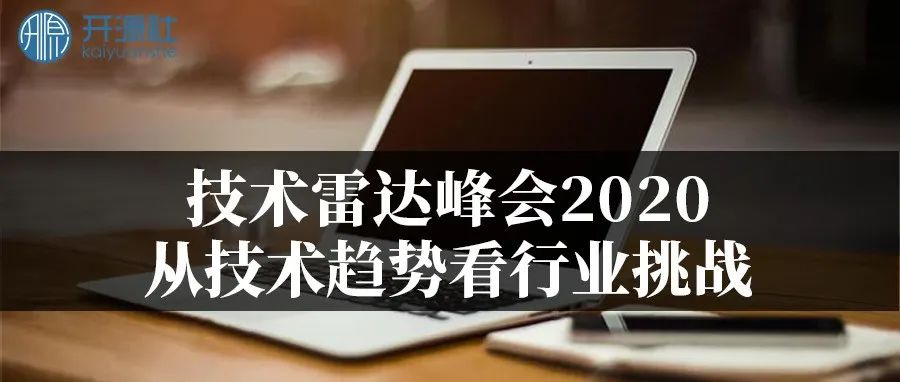
Technology Radar Summit 2020: Viewing Industry Challenges from Technology Trends

Summer 2020 Sun Jincheng, the "Big Man Says Open Source": The Right Posture to Participate in ASF Open Source Contribution
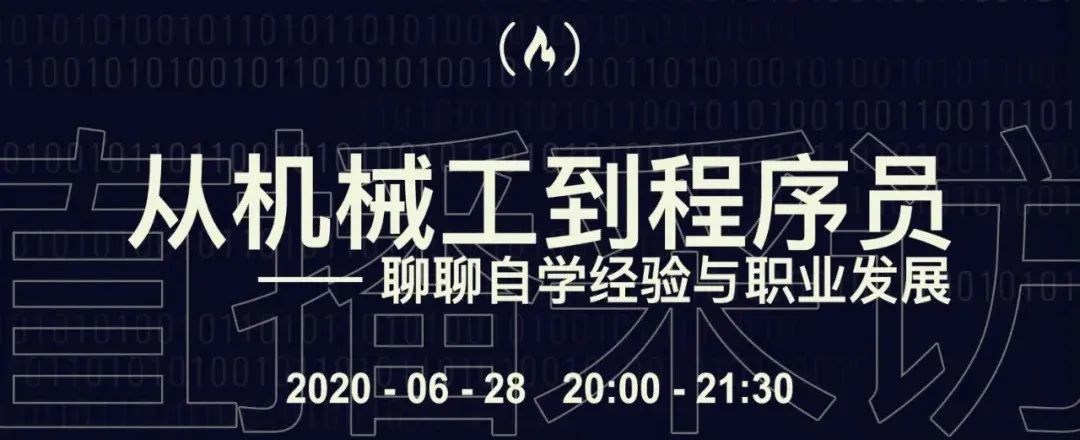
From Mechanic to Programmer -- Talking about self-study experience and career development
If you like the content of this article, please give us a look

